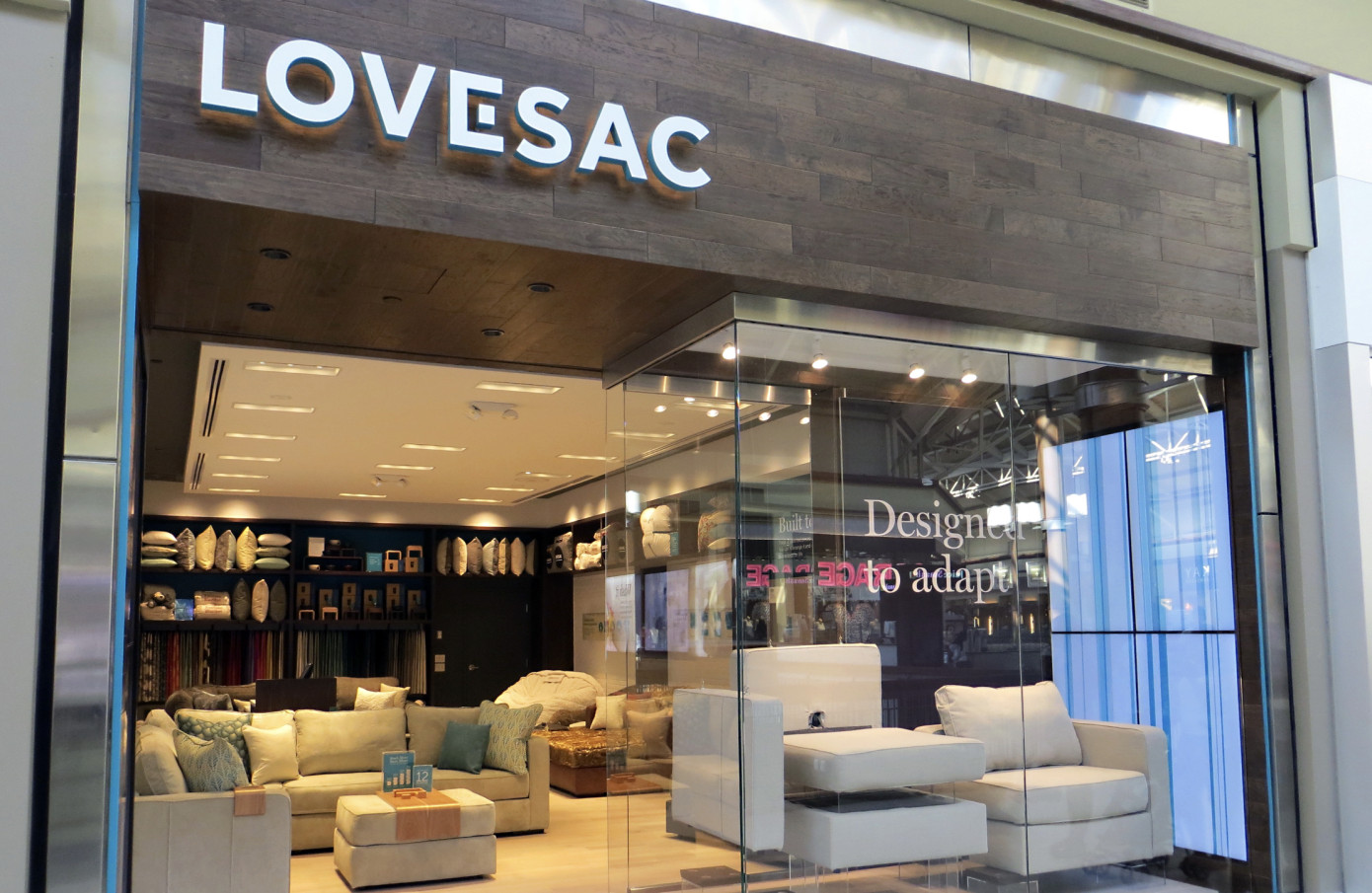Western companies are intensifying their efforts to diversify manufacturing away from China, with the adoption of a "China plus many" strategy becoming increasingly prevalent. Giants like Apple, Crocs, and Universal Electronics are spearheading this trend, expanding their production bases in alternative countries such as Vietnam, India, and Mexico.
The driving force behind this diversification strategy is the recognition that relying solely on China for production is no longer sustainable. Factors such as the Covid-19 pandemic, escalating geopolitical tensions, and the US-China trade war have amplified the need for companies to decentralize their supply chains and mitigate risks. To adapt to the complex and unpredictable global business environment, two-thirds of Fortune 500 companies have initiated supply chain overhauls since 2018, pushing production to multiple countries rather than a single location, WSJ quotes the March report of the KPMG.
While diversifying production comes with significant costs and challenges, including scouting new locations, training workers, and establishing local relationships, companies are willing to take the risk to safeguard their supply chains. This approach allows them to maintain operational continuity even in the face of disruptions caused by global crises or geopolitical events.
Shawn Nelson, the CEO of Lovesac, a Nasdaq-listed maker of upholstered furniture, is an example of a business leader driving diversification. Lovesac began relocating production from China to Vietnam in 2018 following the imposition of tariffs. However, Nelson's vision went beyond Vietnam. Recognizing the potential for future geopolitical turmoil, the company further expanded production to Malaysia and Indonesia, ensuring a diversified manufacturing footprint across Asia.
The benefits of this diversification approach became evident during the Covid-19 pandemic when Lovesac faced disruptions. By having production spread across multiple locations, the company could swiftly shift orders and prevent stock shortages. Building upon this experience, Lovesac is now collaborating with partners to establish highly automated factories in Mexico and the United States. This strategic move aims to strengthen the company's presence in the Western Hemisphere, providing the ability to ramp up production in case of an Asian crisis or other unforeseen events.
